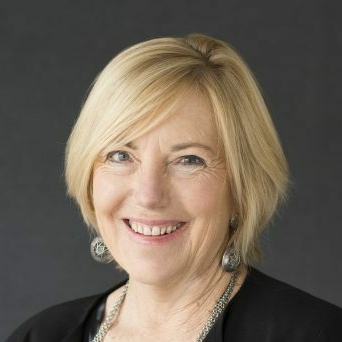
Is there an app for that?
What is the problem?
It is becoming increasingly apparent that early stages of life are critical for social and emotional development. This lends itself to the notion that early intervention ought to have manifest short-term and long-term benefits for children. Delayed treatment of a number of illnesses and conditions can result in increased public health costs in the long term, as well greater financial burden carried by families.
An area where this is demonstrably apparent is the healthy development of kids mentally. Providing them with a robust emotional and social framework is fundamental to a better quality of life where they’re not subject to life-limiting – and life-threatening problems such as anxiety, depression and disruptive behaviour.
No one would deny that parenting is difficult. There exists a litany of environmental and behavioural variables which interact in complex ways, making a consistent blueprint for parenting difficult to achieve. This is all without including the further interactions between genes and environment which complicate the story even further.
Despite this, we continue to produce healthy and well-developed children, which lends itself to the idea that we can improve the relationships between parents/caregivers and children, and increase the number of kids enjoying a flourishing and fulfilling life.
What is the research?
Professor Sally Merry is a trained infant, child and adolescent psychiatrist and Cure Kids Chair of Child and Adolescent Mental Health at the University of Auckland. She and her team are developing a programme of digital interventions to improve the mental health of young children by strengthening parenting skills and hence the relationship between parents and children.
Current literature strongly suggests that children thrive when their parents provide them with a supportive and responsive environment, free from inconsistent parenting, abuse, and neglect. In this environment, parents are in a good position to support their children to weather the various stressors they may face.
Professor Merry’s programme will harness evidenced-based, positive parenting methods, and translate them to a digital platform. The programme focus will be on preschool and early school-age children with three components to it.
Firstly, they will design a ‘back-end’ system which establishes best-practice methods for collecting data from the digital interventions. Data collection is what enables measurement, refinement and ultimately a product which has been proven to effective. It enables the researchers to measure indicators that demonstrate improvement as a result of the intervention. It also provides a system that will allow for the modifications of the digital interventions that will inevitably be needed, given the pace of change in the IT world.
Secondly, the team have partnered with a Pacific educationalist and researcher, Dr Esther Cowley Malcolm, who has developed an app, ‘Play Kindly’, aimed at Pacific parents, but also scalable to other demographics. The primary objective of the app is to provide parents with options for managing challenging behaviour and give alternatives to more coercive parenting practices. The efficacy of the programme is yet to be assessed and, hence, Prof Merry will collect parental feedback, review the content, refine the app based on this to enable a pilot study, and, ultimately, conduct a robust randomised controlled trail to establish efficacy.
Lastly, an entirely new app will be developed for parents to identify and support their children’s emotional, behavioural and developmental needs. It’ll likely involve techniques such as desensitisation to anxiety as well as methods for dealing with temper tantrums. This app would be targeted at parents facing more severe problems than those in Play Kindly, however, it will be subjected to the same robust assessment process to prove its efficacy.
This is a multifaceted programme that promises to improve the mental wellbeing through the advancement of effective and positive parenting practises to hamper the emergence of longer-term psychosocial problems engendered by negative development early in life. The apps will be designed to fit with a wider range of options for supporting parents to be more effective, but it is hoped that their inclusion will allow for greater accessibility in the population.
The team respect that parenting is difficult, and none of the objectives are centred on blaming parents or children but, rather, the programme will gain a greater understanding of the present challenges, which will inform effective ways of addressing them in a format that is easy to access, and hopefully fun.

Help fund our big research.
Every bit helps.
